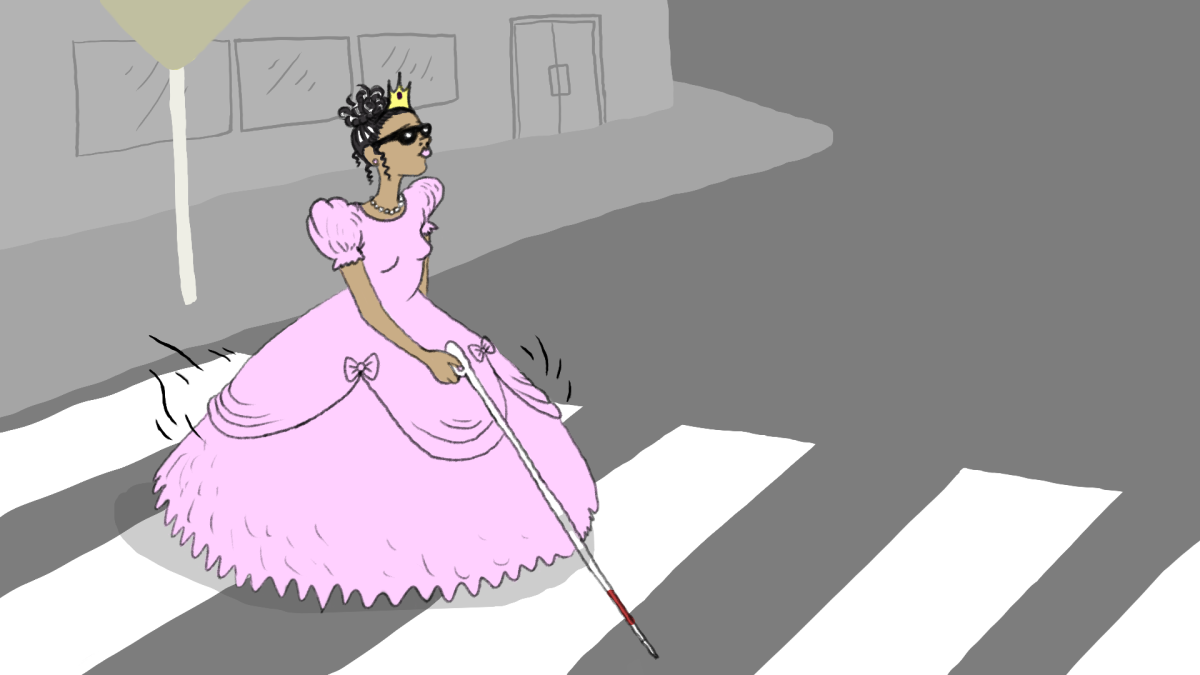When enrolling in classes for my first semester at NC State, I made the assumption that I would not enjoy taking general education courses. Consequently, I decided that I would take most of my general education requirements early on so that I could get them out of the way and focus on my major’s classes.
What I discovered is that I enjoyed myself the most in one of my general education classes — entomology. Although I loved taking entomology courses, I never considered declaring a minor in it. As an English major, I thought I should pick a minor that was closely related to what I was already studying, and I didn’t know how a minor in entomology would benefit me in the real world.
Although NC State encourages its students to seek out any opportunity to “succeed academically, professionally and personally,” many people doubt the necessity and legitimacy of minors. Some universities and academic advisors even discourage students taking minors. For example, Yale does not offer its student any minors and places more emphasis on choosing the right major.
Schools like Yale have it wrong; declaring a minor can help a student find a new passion and get a potential leg up against job competitors.
NC State has a diverse selection of potential minors that can pique the interest of almost any student including international studies, microbiology, world literature and Spanish. By declaring a minor, a student can go beyond their department, learn a new subject and interact with students and faculty who they would not have met otherwise. Minors also allow students to exercise any previous passions they found before coming to college. Theatre, dance and music are all minors that let students utilize their talents while also earning college credit.
Minors give students the chance to try something new, but they can also be applicable to your future career. According to The Atlantic, previous work experience and internships are what employers focus the most on when deciding who to hire; however, according to Monster, an eye-catching minor can be the “tiebreaker between you and an otherwise equally qualified competitor for the same job.”
A minor in business administration may make you a more attractive candidate to an employer, but a minor in a subject you’re passionate about like psychology can make you stand out.
Minors also don’t take as much time to complete as a major. Minors can require 12 hours to complete, and depending on your choices, some courses can fulfill multiple academic requirements. For example, a minor in journalism would have classes that can take care of a humanities requirement. Similarly, a minor in a language would complete NC State’s foreign language proficiency.
It’s now my last semester at NC State, and one of my biggest collegiate regrets is not declaring a minor in a subject I thoroughly enjoyed. I ended up not declaring a minor in any subject, and I feel like I missed a major opportunity to learn something new. Although I took a few entomology classes as free electives, I’m unable to declare a minor in entomology because I didn’t take it all the way.
Now that I’m job searching, I’m missing a key element because of my failure to declare a minor. I could have explored an interesting subject and stood out among other applicants with a minor. I didn’t take advantage of the academic opportunities NC State offers, and I would encourage you to not make the same mistake: Don’t be indecisive about a minor, instead, choose a minor (or two) and reap the benefits.








